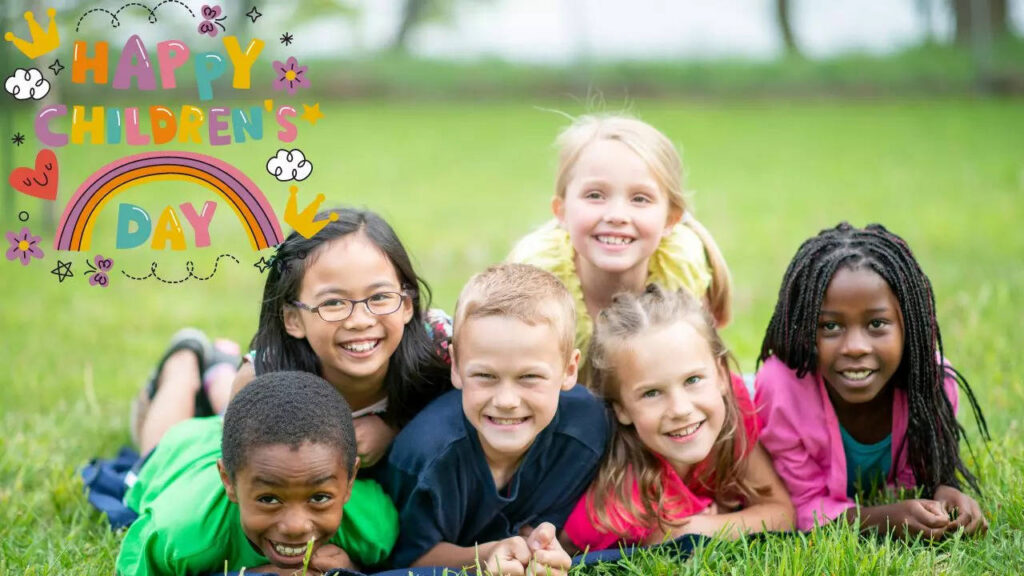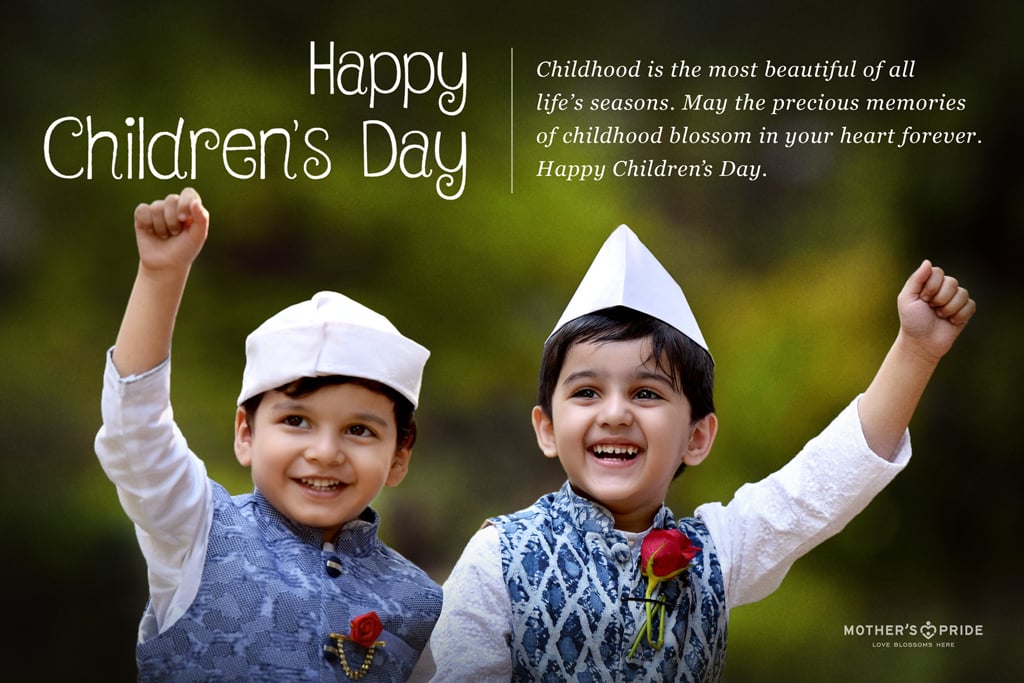Children’s Day: Celebrating the Promise and Potential of Childhood
Introduction
Children’s Day is a special occasion celebrated in many countries around the world to honor and commemorate the rights, well-being, and aspirations of children. It is a day dedicated to recognizing the importance of childhood and the unique contributions that children make to society. In this essay, we will explore the history, significance, and celebrations of Children’s Day, as well as its role in promoting the rights and welfare of children worldwide.

Historical Origins
The origins of Children’s Day can be traced back to the early 20th century, with various countries adopting the holiday to promote children’s rights and welfare. The idea of Children’s Day was first proposed by the International Council for the Welfare of Children in 1925, as a way to raise awareness about the needs and concerns of children around the world. In India, Children’s Day is celebrated on November 14th, commemorating the birthday of the country’s first Prime Minister, Jawaharlal Nehru, who was known for his love and affection for children.
Significance and Purpose
Children’s Day serves as a reminder of the importance of nurturing and protecting the rights and well-being of children, who are the future leaders and citizens of tomorrow. It is a day to celebrate the innocence, curiosity, and creativity of childhood, and to reaffirm our commitment to providing children with a safe, nurturing, and supportive environment in which to grow and thrive. Children’s Day also highlights the need to address the challenges and obstacles that children face, including poverty, inequality, violence, and discrimination, and to work towards creating a more inclusive and equitable society for all.
Celebrations and Activities
Children’s Day is celebrated with a variety of activities and events that are designed to engage, educate, and entertain children of all ages. Schools, community centers, and organizations host special programs, performances, and workshops that focus on children’s interests, talents, and aspirations. Sports tournaments, art competitions, and cultural festivals provide opportunities for children to showcase their skills and talents and to foster a sense of camaraderie and teamwork. Moreover, Children’s Day is a time for adults to express their appreciation and affection for children, through acts of kindness, gifts, and special treats.

Promoting Children’s Rights
Children’s Day is also an opportunity to raise awareness about the rights and needs of children and to advocate for policies and programs that promote their well-being and development. The United Nations Convention on the Rights of the Child, adopted in 1989, serves as a guiding framework for protecting and promoting the rights of children worldwide. These rights include the right to education, healthcare, protection from exploitation and abuse, and participation in decisions that affect their lives. Children’s Day provides a platform for governments, civil society organizations, and individuals to renew their commitment to upholding and advancing children’s rights and to ensure that every child has the opportunity to reach their full potential.

Conclusion
In conclusion, Children’s Day is a time to celebrate the promise and potential of childhood and to reaffirm our commitment to the well-being and rights of children everywhere. It is a day to honor the joy, curiosity, and resilience of children, and to recognize their invaluable contributions to our families, communities, and societies. As we celebrate Children’s Day each year, let us recommit ourselves to creating a world where every child is loved, protected, and empowered to fulfill their dreams and aspirations.


